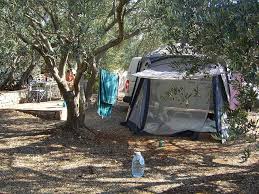
But not all people who want to experience living in wild conditions carry their essentials in a pack. Families like to camp in a tent where they can listen to the rustle of trees, birdsong or the crash of the ocean, with plenty of equipment to ensure they enjoy their rest among nature's blessings—trees, mountains, streams and the sea.
At the moment, I've broken away from writing fiction. My memoirs take up all my attention. I've started at 1942 (not that I remember much before the age of two) and have worked my way to the 1970s, when we went camping.
My husband never lost his love of the outdoor life and the family often went camping. At first, he'd erect an old tent with a flat section that formed an overhead cover to use as an outdoor living area. We parked the Land Rover behind sand hills on remote beaches and camped directly on the beach—all supplies assembled beforehand and essentials stored in hanging 'handy-bags' I'd sewn to keep articles away from crawling creatures. I loved to organize this way. As time progressed, we bought a new Andre Jamet tent with two interior zip up bedrooms.
The man of the expedition spent most of the day fishing and we'd eat his catch every night, cooked on an open fire on the sand, or a gas stove with two burners. We'd eat the fresh food first, but a lot of our supplies consisted of cans if we remained in isolation for two weeks or more.
Sometimes we took our neighbour's son, who had an eating disorder and brought his own suitcase full of things he preferred to eat, mostly baby cereal, powdered milk and potato crisps. By the end of a two-week stint, he ate some of our food to his mother's delight when we delivered him home.
I'd supervise my children's daily wash which consisted of a dip in the sea with a bar of soap. This turned into a daily challenge when a shark turned up. They ran out of the shallow water screaming and pointing. Soon, their shivers got to me, and I sent them for a run along the beach to get warm. We didn't use towels to dry off because they couldn't be washed and would have been rigid with salt. The shark followed them there and back to me. From then on, we were wary.
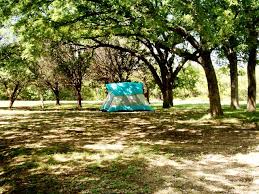
Organize where you are going to eat and how you mean to cook, be it on an open fire, or gas. Bring lightweight pots and pans, something to eat off, utensils and of course, food. Bring fresh water if you're away from camp sites. Fold up chairs and tables are handy. Wash your pots straight after you have finished your meal so that animals and insects are not attracted to dirty dishes around your tent. Take washing up liquid, tea towels and other essentials such as can openers, napkins and tissues. Boxes come in handy for food storage and plastic bags can be used to fasten opened food. Take a first aid kit with things such as plasters and bandages, and you might need a source of light. Tips from WikiHow.
What about you? When you take a break from your everyday life, do you long for an adventure out of doors, or are you happier to remain surrounded by comfort in a hotel?
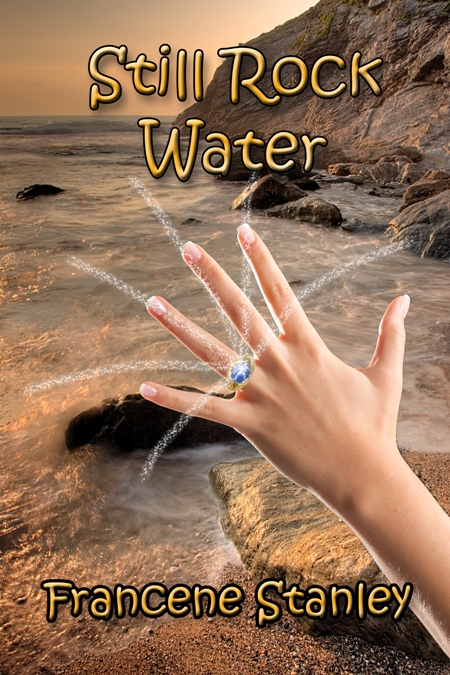

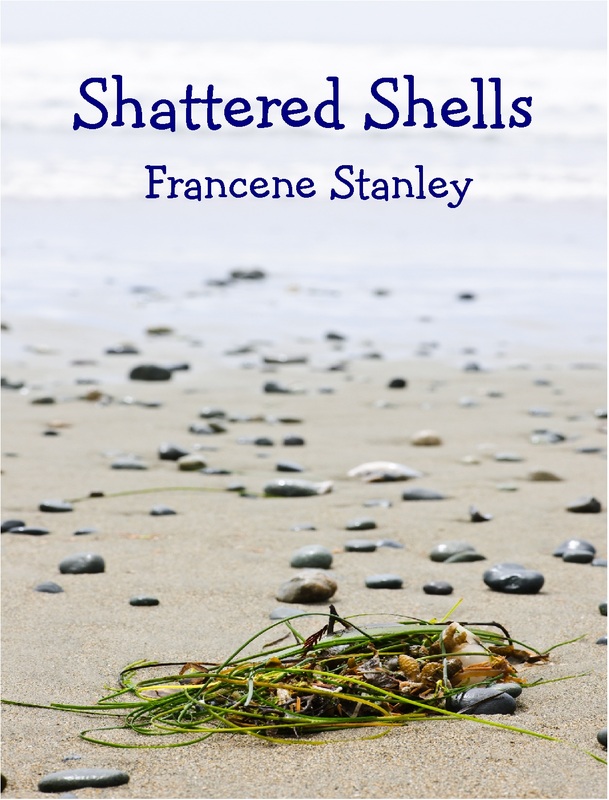
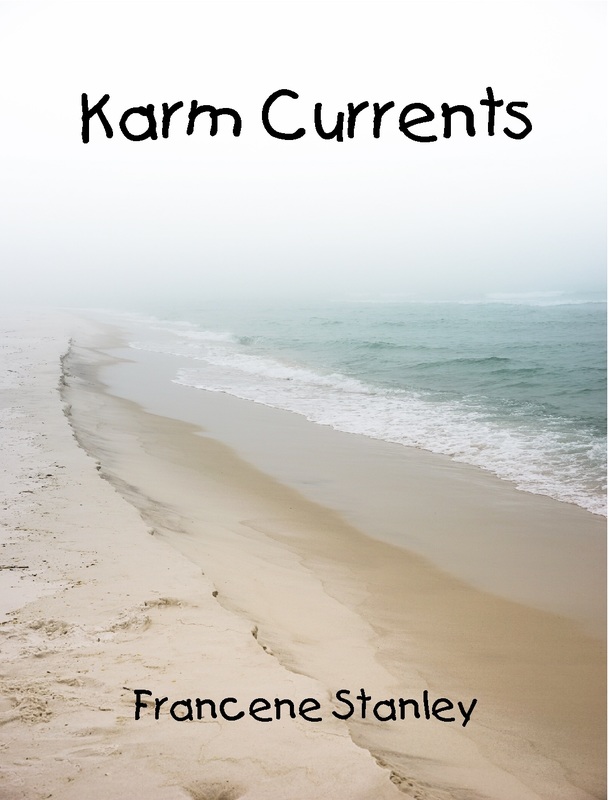

 RSS Feed
RSS Feed
